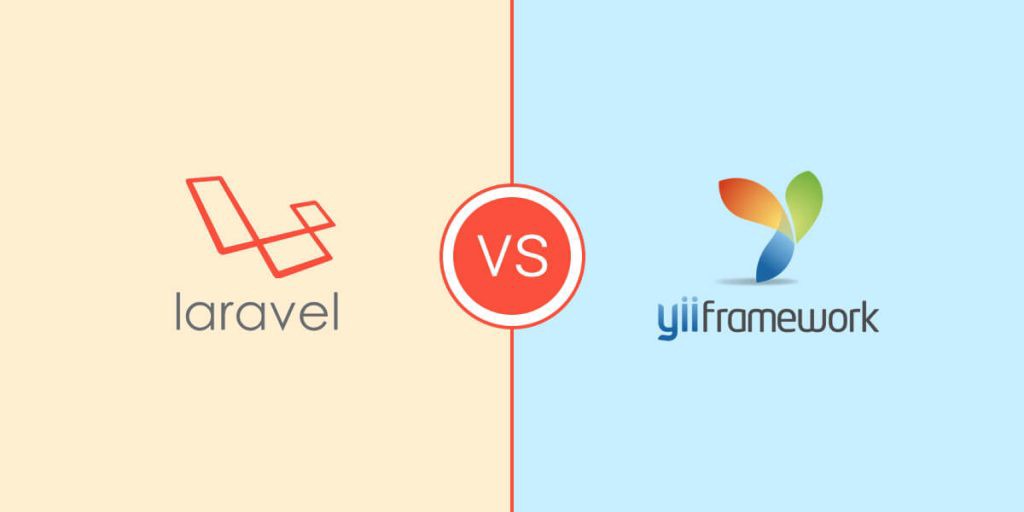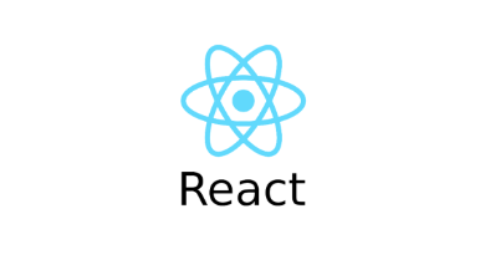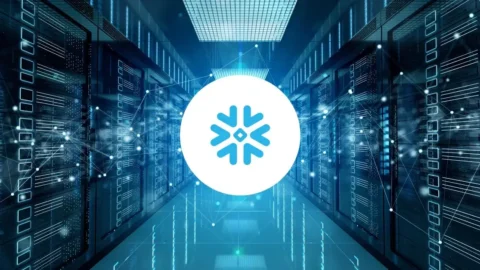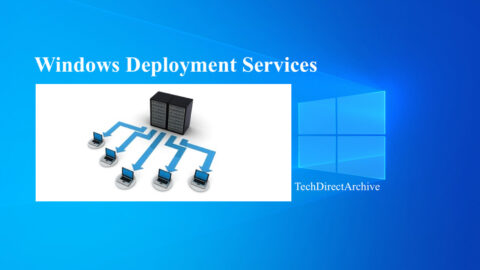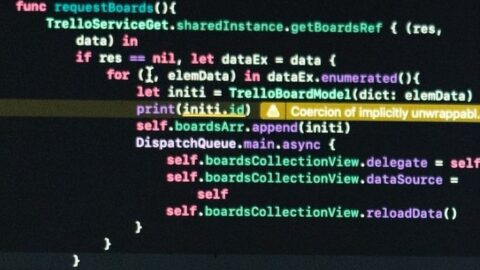PHP is a popular general-purpose programming language that is excellent for creating websites and can be incorporated into HTML. 3,090,319 active websites are still utilising PHP, according to Built with. Other than PHP’s fundamental functionality, developers have other options when it comes to building useful web applications. Laravel is a straightforward PHP framework originally developed as a superior alternative to Codeigniter, which is often used for developing web-based or web applications. An open-source PHP framework called Yii Framework allows for the quick development of contemporary Web applications. Despite being both extensions of the PHP language, the two frameworks each have unique features that provide them a competitive advantage.
Components of Laravel
Some of the integral components of Laravel Framework are:
● Artisan, a command-line tool, makes it easier to create models, controls, schedule tasks, and execute a wide range of custom commands.
● Eloquent is a database interaction framework for Object-Relational Mapping (ORM).
● Support all database formats using packages.
● Allows for versioning and database updates after migrations.
● There are hundreds of Laravel standard libraries available.
Components of Yii
Some of the key components of the Yii Framework include:
● DBMS that supports a wide range of DBMS, including PostgreSQL, MySQL, SQLite, Oracle, and others.
● third-party template engines supports.
● Strong community support several tutorials and official documentation.
● Gii extension accelerate coding to produce code automatically.
Key Differences between Laravel vs Yii
Although both frameworks are excellent at what they do and essential for web development, there are significant differences between them, including:
Client-side and scenario-based Validation
While Yii allows users to validate models in both forms, Laravel does not support either sort of validation.
Routing Capabilities
Resource routing is supported by Laravel, but all controllers must specify the routes for each route. Yii’s framework by default selects the routes automatically.
CRUD Generation
Only Yii enables automatically producing frequently used interactive code snippets using a specialised plugin called Gii.
Extension Support
Compared to Yii, which only supports a meagre 2800 extensions, Laravel provides a powerful extension support for over 9000 extensions.
Testing Capabilities
Yii offers PHPUnit and Codeception out of the box, while Laravel offers PHPUnit and various Symfony testing components like Httpkernel, Dom Crawler, Browser kit, etc., for detecting and debugging any bugs in operations.
Security
For password security, authentication, defence against SQL Injections, Cross-Site Scripting, and other security risks, Yii and Laravel both provide solutions. While Laravel needs third-party plugins, Yii’s role-based access control mechanism is more feature-rich.
Documentation
Yii does not have a high learning curve, however it does not have particularly good documentation. Laravel has a vast, organized documentation with in-depth information but the complexity makes it difficult to find the correct information quickly.
Wrapping Up
Laravel is a fairly narrowly focused framework that solely targets web developers. On the other hand, Yii has a wider clientele and offers support for system administrators, novice web developers, and other users. RS IT HUB can create strong, feature-rich web apps and websites to fulfil the complicated demands of organisations with shorter response times since they have both Yii and Laravel engineers on their staff.

